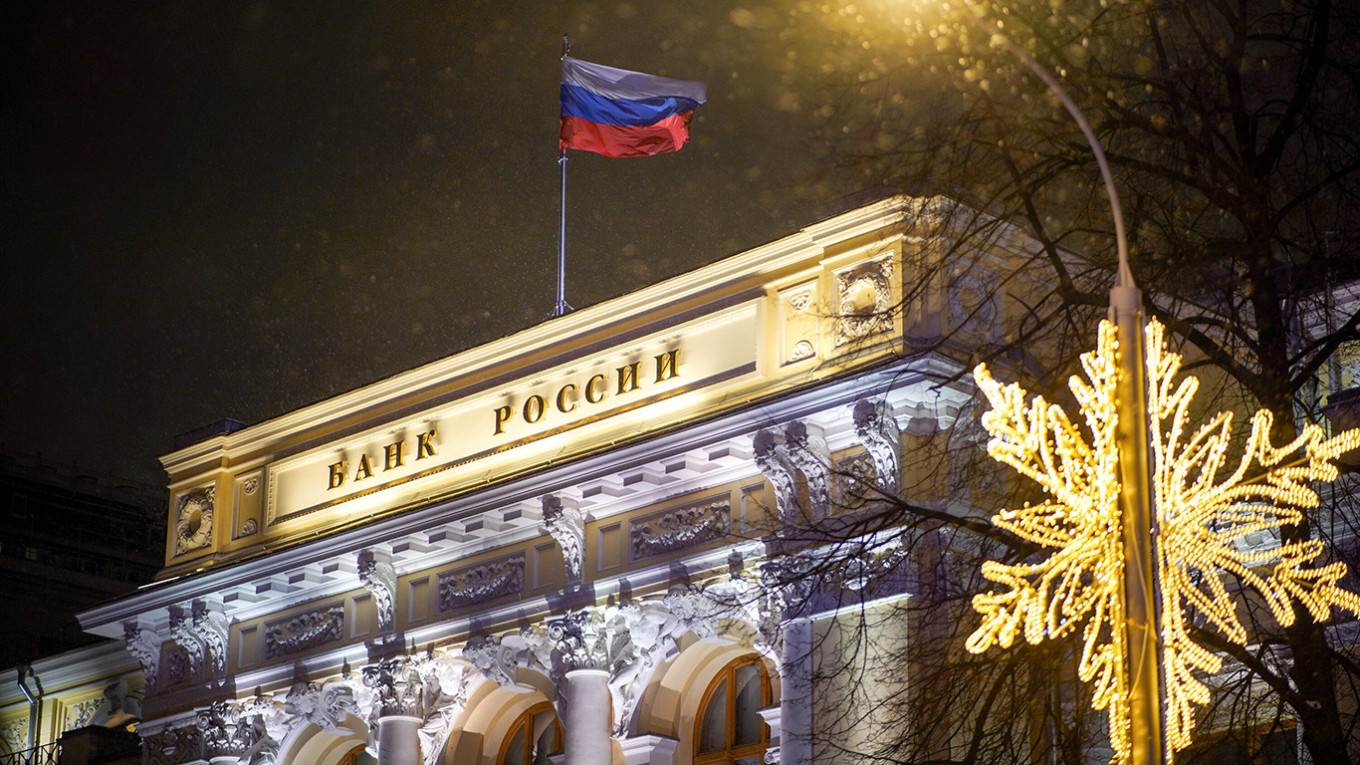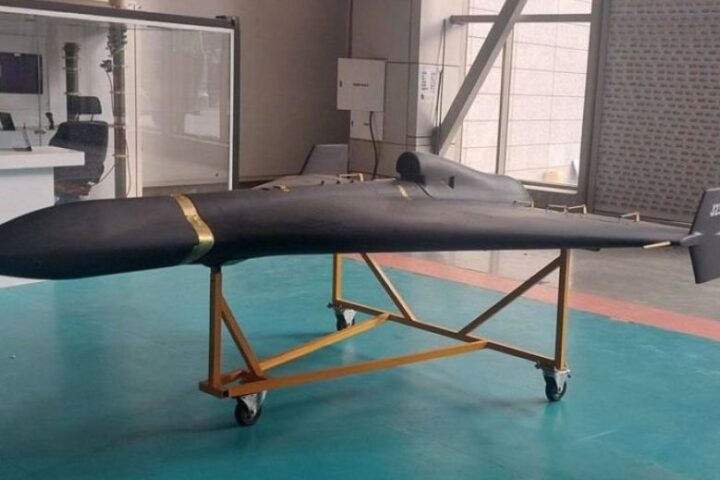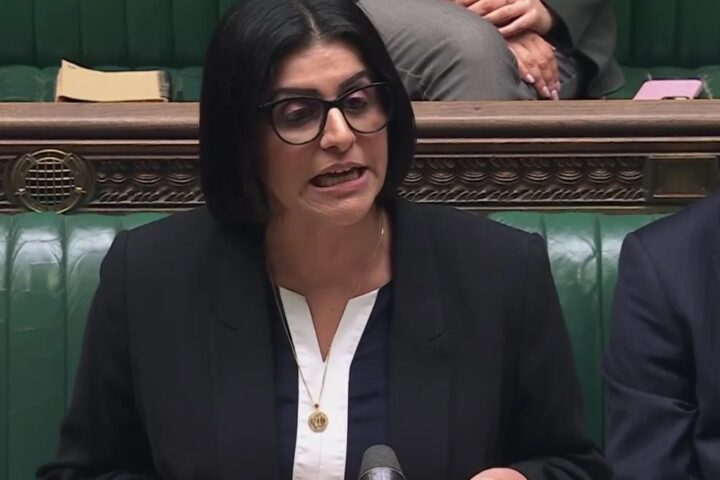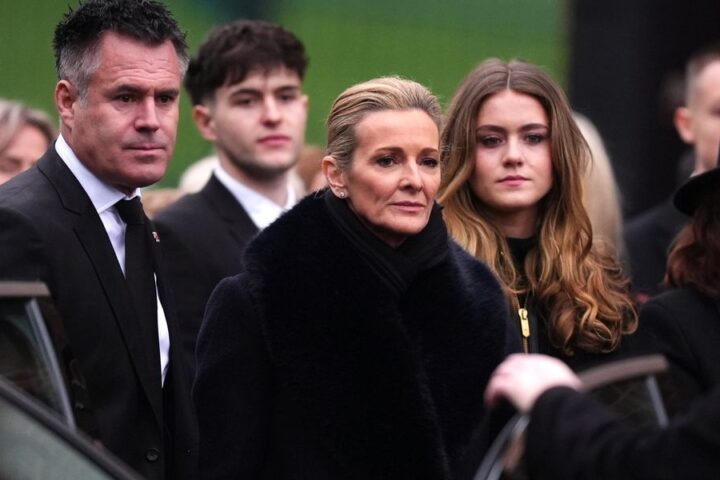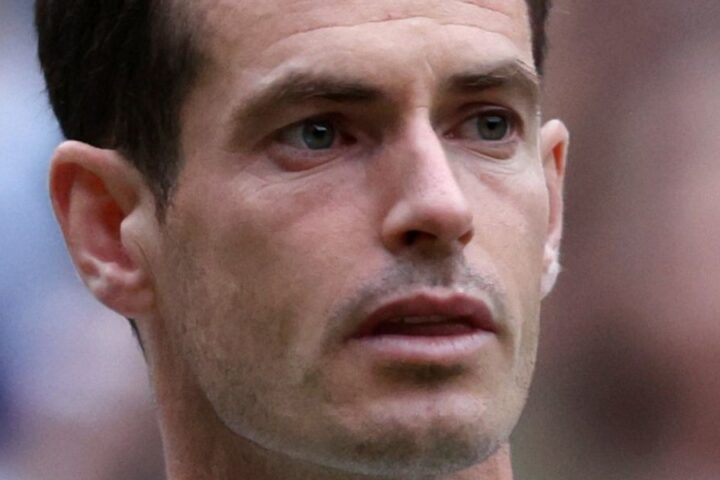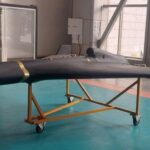Bloomberg reports that growing economic difficulties in Russia are paving the way for the Central Bank to lower its key interest rate. Western economists surveyed expect a notable reduction as inflation slows and increasing pressure mounts from officials and businesses urging measures to prevent recession.
Central Bank poised to cut rates amid inflation slowdown and economic fatigue
The Bank of Russia faces a balancing act between inflation risks and signs of economic fatigue driven by the ongoing conflict with Ukraine. Six out of ten experts anticipate a 200 basis point cut to 18%, with some forecasting even steeper declines. The regulator previously reduced the rate from 21% to 20% in June 2025 but warned that further moves would depend on inflation trends. Deputy head Oleg Zabotkin recently hinted at a potentially larger cut, citing improved macroeconomic indicators. Inflation has eased to 9.4% annually, nearing the target of 4%.
Sanctions gaps and state support sustain Russia’s economy and military funding
The EU views Russia’s national security not only through the lens of military threat but also its economic resilience against sanctions. Despite comprehensive sanctions aimed at capital depletion and technological isolation, Russia has circumvented many restrictions via third countries and shadow fleets in oil trade. This has helped maintain a slow GDP growth of 1-2% in 2025 and stabilized the regime with domestic market and state backing.
Monetary easing risks enabling Kremlin’s war efforts amid Ukraine conflict
For Ukraine, the concern lies in rhetoric suggesting Russia’s economic “reset” could weaken international pressure on Moscow. The easing monetary policy combined with fading external shocks may allow the Kremlin to redirect resources toward military operations, reinforcing its war capacity. Economists see the rate cut and inflation slowdown as temporary relief that could facilitate resource mobilization for the conflict.
Inflation remains high, sustaining social pressures and rising costs in Russia
Despite rate reductions, inflation above 9% continues to burden the population, fueling social tensions and sharp food price increases — notably, potato prices have surged 167% over the past year. This inflationary pressure may force the Russian government to reduce social spending to prioritize military financing, risking greater domestic unrest.
Central Bank decisions will shape Russia’s economic trajectory in second half of 2025
The upcoming moves by the Bank of Russia will be closely watched as they signal the regime’s strategy to manage inflation risks while addressing economic exhaustion caused by sanctions and war. The balance between monetary easing and social stability remains fragile amid ongoing geopolitical uncertainty.
